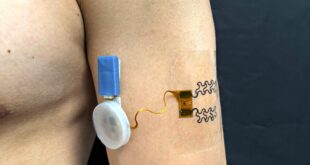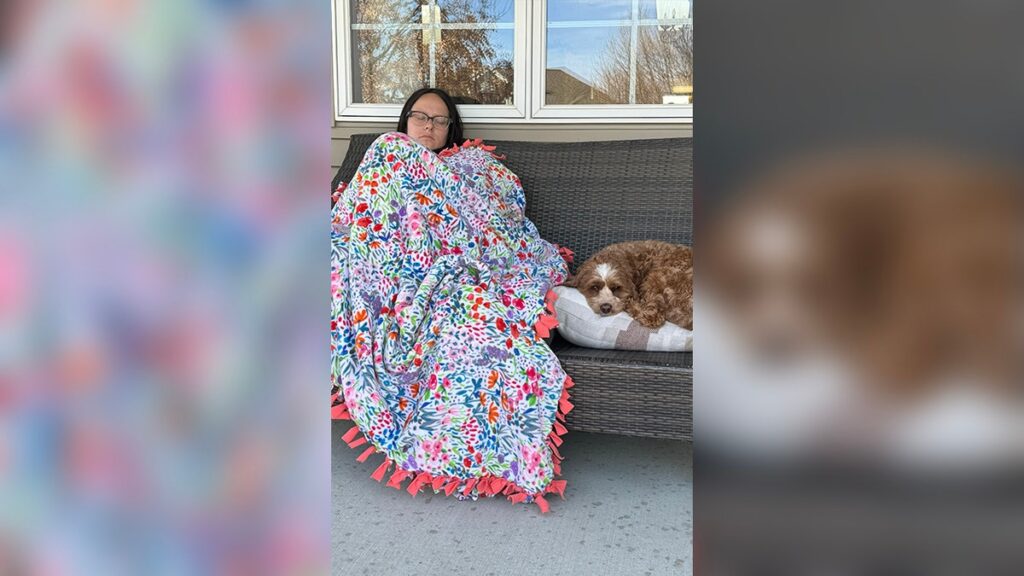
‘My dog detected my cancer before doctors did’
Breanna Bortner’s dog, Mochi, began fixating on her breast before she was diagnosed with stage 2B triple-negative breast cancer, showing unusual and intuitive behavior throughout her journey.
Breanna Bortner says her dog had a hand — or a paw — in saving her life.
“I had always heard stories where people, you know, say that their dogs could sense things,” the Minnesota woman, now 31, told Fox News Digital during an on-camera interview. (See the video at the top of the article.)
In 2023, Bortner — who now runs the blog “Brave Beautiful Boobies” documenting her experience — discovered a lump in her breast.
EXPERIMENTAL WOMEN’S CANCER DRUG BOOSTS SURVIVAL RATES IN NOTABLE STUDY
There were about six weeks between the discovery of the lump and the biopsy, she recalled.
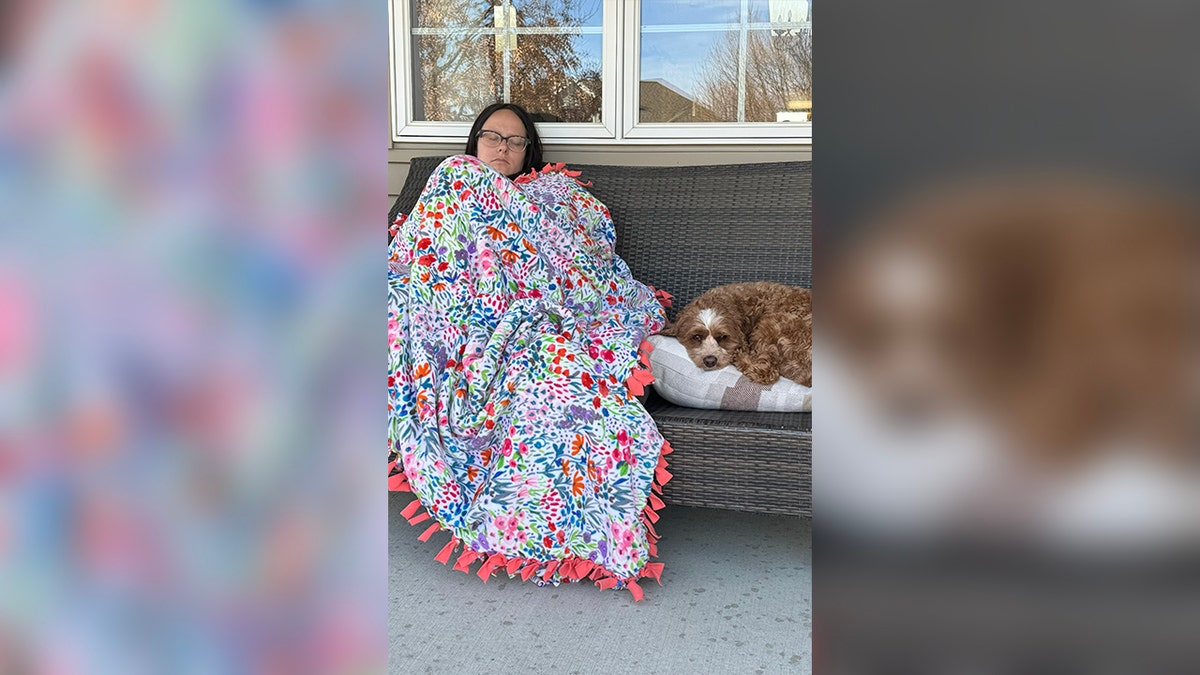
In the time between discovery of the lump and Bortner’s diagnosis, Mochi became fixated on his owner’s right breast, she said. (Breanna Bortner)
During this time, Bortner’s cockapoo, Mochi, became fixated on the breast with the lump. The behavior came as a surprise to Bortner, who said the dog had never behaved that way before.
“Even when I had been sick in the past or dealt with other things, he had never done that, so that was the first time that I really noticed how in tune he was to my body,” she said.
COMMON CANCER TREATMENT CAN HAVE THIS PAINFUL SIDE EFFECT
The results of the biopsy soon confirmed that Bortner had breast cancer — but she said she already knew, courtesy of Mochi.
“I was like, oh my gosh, he’s known this whole time. Before I knew and the doctors knew.”
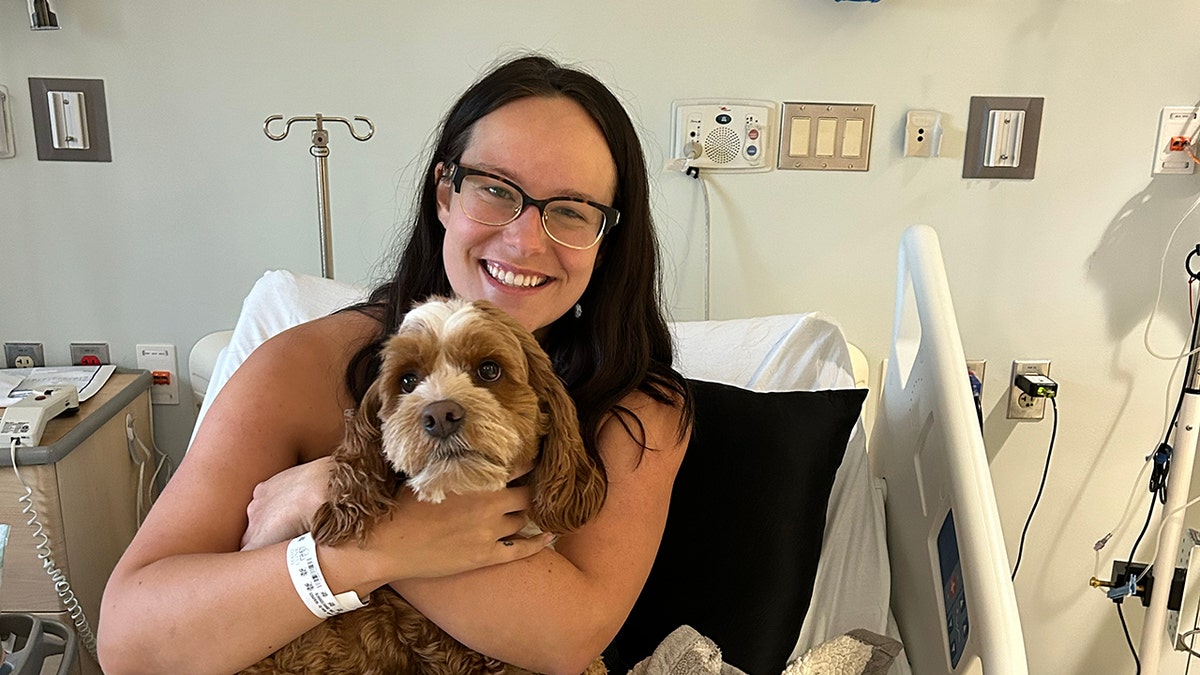
“I was like, oh my gosh, he’s known this whole time,” said Bortner of her cockatoo, Mochi, who seemed to detect her cancer. (Breanna Bortner)
Doctors diagnosed Bortner with stage 2B triple-negative invasive ductal carcinoma, a type of breast cancer that has fewer treatment options than other types of invasive breast cancer, according to the American Cancer Society.
DISABLED VETERAN LEANS ON SUPERHERO DOG WITH ‘BATMAN’ MARKINGS FOR SUPPORT, COMPANIONSHIP
This is because these cancer cells do not have certain receptors that allow them to be treated with hormone therapy.
“If the cancer has not spread to distant sites, surgery is an option. Chemotherapy might be given first to shrink a large tumor, followed by surgery,” reads the ACS website.
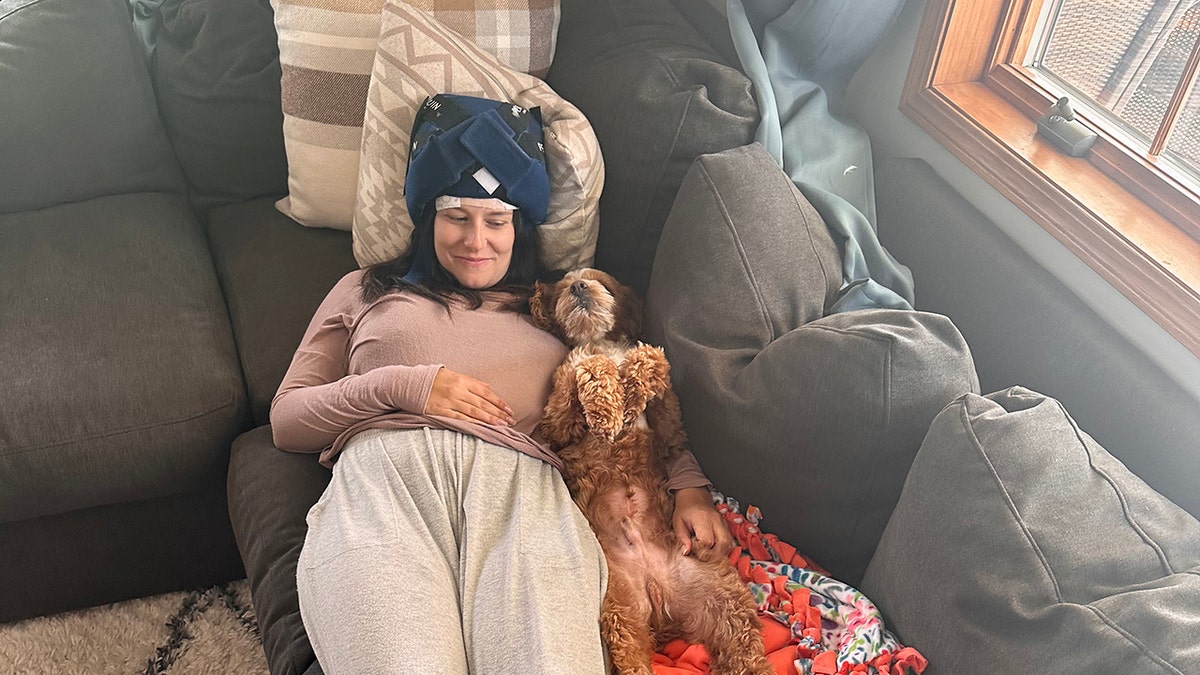
“Everything about [chemotherapy drugs] is scary,” says Bortner, who decided to refer to them instead as “healing sessions.” (Breanna Bortner)
After doctors confirmed the cancer, Bortner said the process moved very quickly. She underwent five-and-a-half months of chemotherapy (16 rounds total).
“Chemotherapy is a very scary, daunting word,” she said. “Everything about [chemotherapy drugs] is scary. I found that calling them ‘healing sessions’ instead of chemotherapy was better for me.”
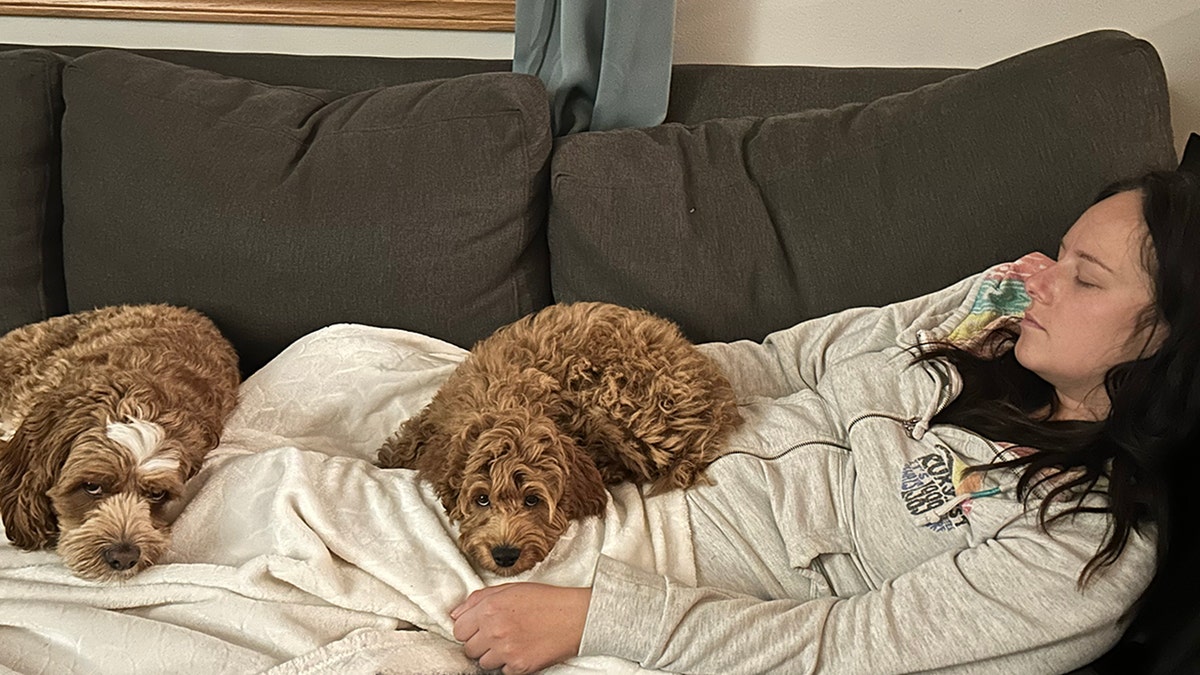
Part of Bortner’s motivation to keep going was that she didn’t want Mochi to lose his “human mom,” she shared. (Breanna Bortner)
Bortner said that Mochi, who she calls her “soul dog,” continued to be a source of comfort — and a reason to keep going in those dark days.
“At the time, he was only 2 years old,” she said.
For more Health articles, visit www.foxnews.com/health
“And I was like, ‘I cannot leave this earth before you do.’ Like, no way. ‘I should be the one burying you. You shouldn’t be the one having to lose your human mom.’”
Tasks as mundane as feeding the dog or taking him on a walk helped Bortner get off the couch and keep going.
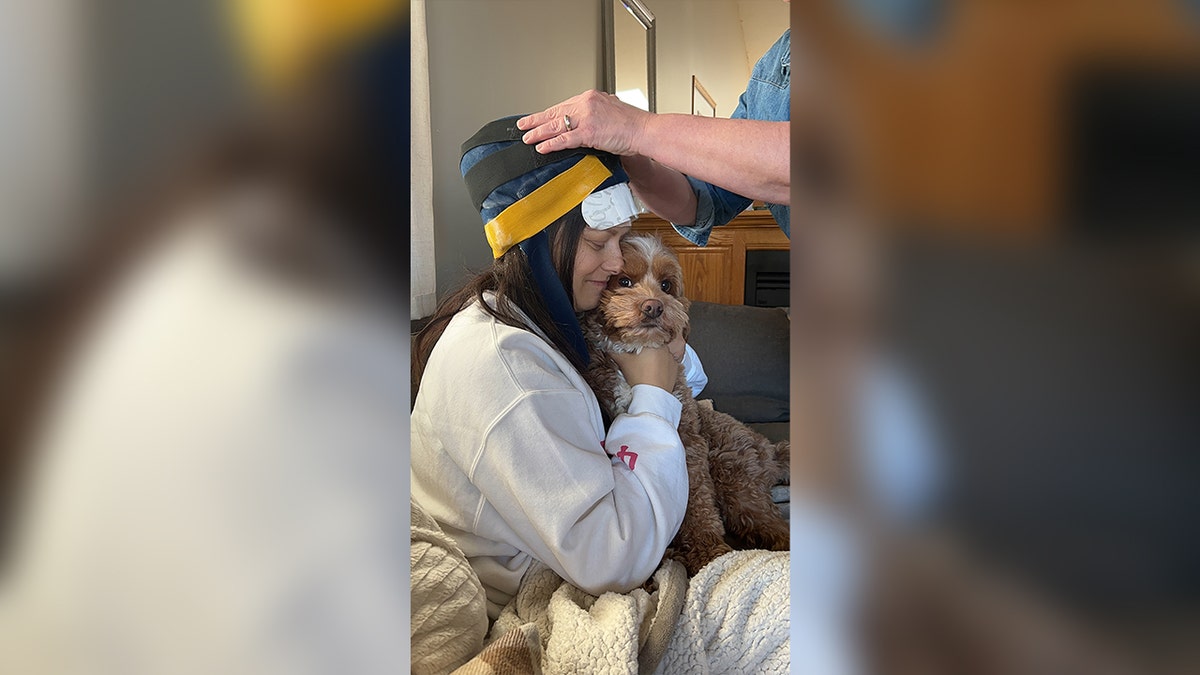
Mochi adapted to Bortner’s new lifestyle during her recovery, keeping pace on slower, shorter walks. (Breanna Bortner)
Mochi learned to adapt to Bortner’s new lifestyle during recovery, as their walks were slower and shorter.
When Bortner would nap for long periods or sometimes cry, the dog was always there to comfort her, she shared.
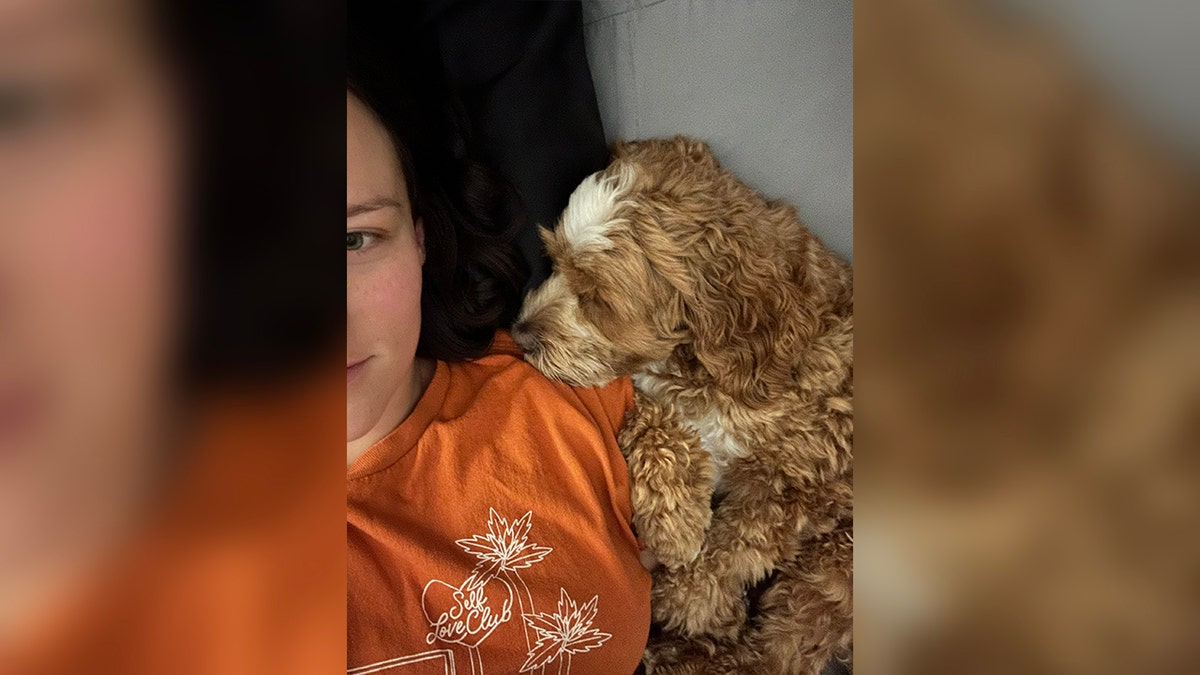
“I cannot leave this earth before you do,” Bortner recalled thinking about Mochi after she was diagnosed. (Breanna Bortner)
When she left for appointments — sometimes multiple times per day — Mochi would dig through the trash to collect his owner’s hair, which was falling out at the time due to chemotherapy.
“He would dig out my hair to smell me,” Bortner said.
Even now, with Bortner almost a year out of cancer treatment, Mochi still digs through the trash out of habit.
CLICK HERE TO GET THE FOX NEWS APP
Today, Bortner provides support to others going through the same experience, serving as a source of information about what to expect and how to keep going.
“It just brings a smile to my face when things come full circle — and now I’m on the other end, mentoring people through their cancer journeys,” she said.
Doctors share insights
Dr. Marc Siegel, clinical professor of medicine at NYU Langone Health and Fox News senior medical analyst, confirmed that dogs have an “exquisite sense of smell.”
“There is evidence in the medical literature that they can in fact smell the abnormal cancer proteins,” the doctor told Fox News Digital.
“In fact, artificial canine noses have been created relying on this response. Artificial intelligence is now enhancing this ability.”
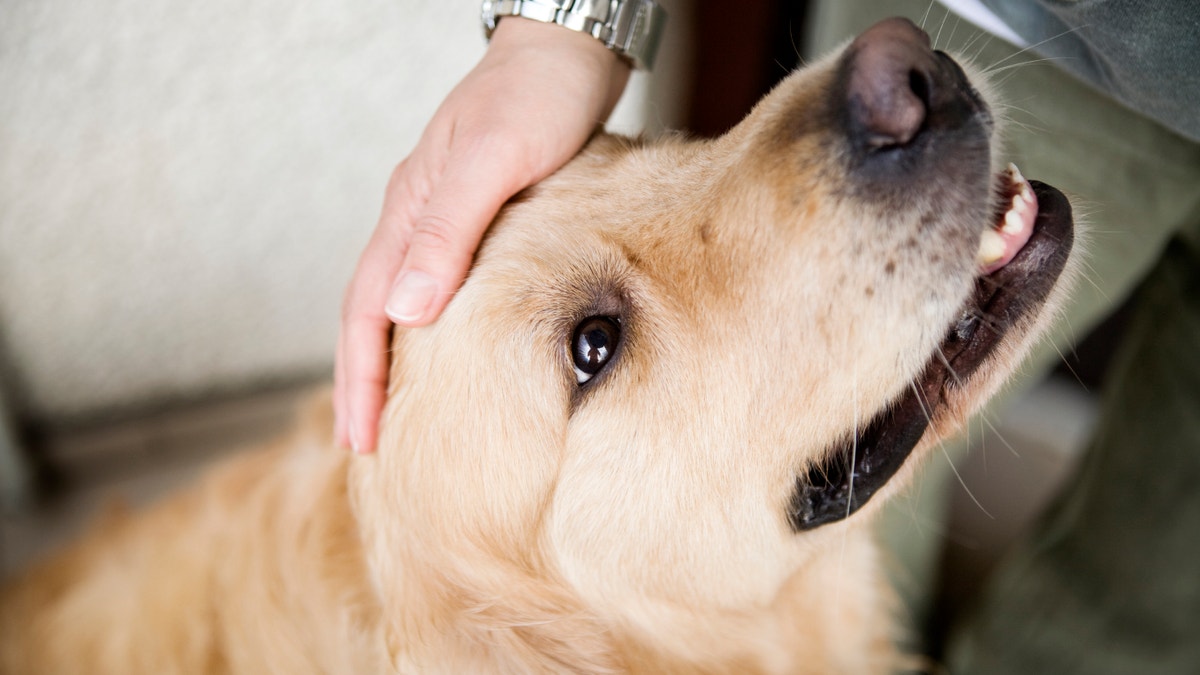
“There is evidence in the medical literature that [dogs] can in fact smell the abnormal cancer proteins,” a doctor told Fox News Digital. (iStock)
Pashtoon Kasi, M.D., medical director of gastrointestinal medical oncology at City of Hope in Orange County, California, was also not surprised by the idea that dogs could detect molecules or byproducts from cancer.
CLICK HERE TO SIGN UP FOR OUR HEALTH NEWSLETTER
“There is a lot of information that can be non-invasively found in blood, urine or other bodily fluids — or even the breath of individuals who have cancer in their bodies,” he told Fox News Digital.
“It has been demonstrated that dogs, and potentially other animals, are likely able to detect some of the odors associated with certain chemicals linked to cancer, which are detected in the blood or bodily fluids of patients with cancer.”
 Latest World Breaking News Online News Portal
Latest World Breaking News Online News Portal




